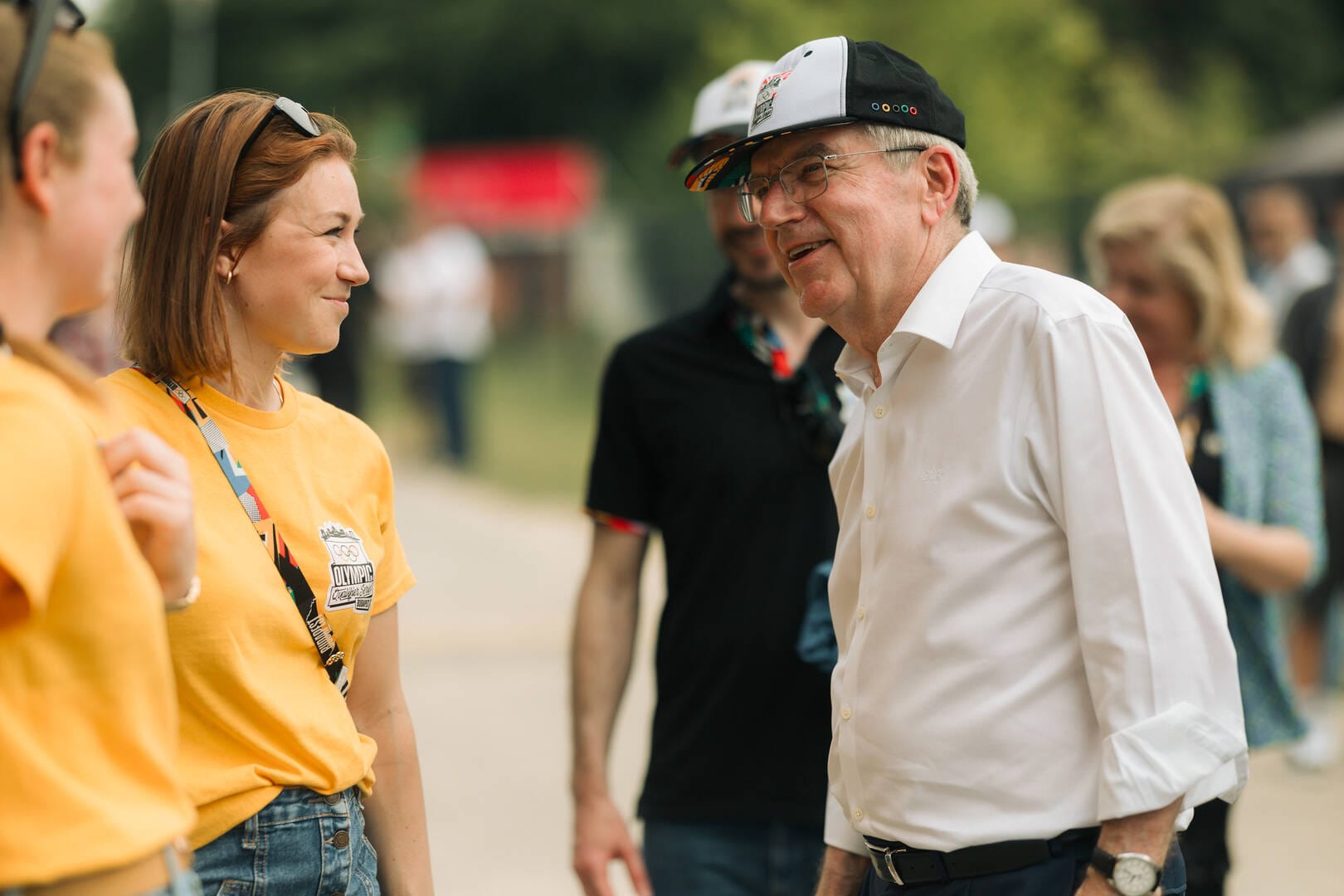Volunteer Training Case Study: Empowering the Best of the Bests
Introduction
In the summer of 2024, Budapest became part of the international epicenter of excitement as it prepared to host an Olympic qualifying event for four sports: BMX freestyle, breaking, sport climbing, and skateboarding. However, behind every great sporting event are the heroes who make it all possible—the volunteers, recruited and trained by the Hungarian University of Sports Sciences.
The Challenges of the Volunteer Training
Imagine coordinating a small army of 500 volunteers, each with their unique background, skill set, and experience. Now, add the pressure of an Olympic-level event, and you've got yourself quite a task! The organizing team faced the following challenges:
- Consistency: Ensuring that all 500 volunteers received the same high-quality training.
- Diverse Roles: Volunteers needed to be prepared for various tasks, from guiding spectators to assisting with competition setup.
- Olympic Standards: This wasn't just any event after all.
The Solution: Digital Learning to the Rescue
The organizers turned to a cutting-edge digital learning platform to solve these challenges. This decision proved to be highly effective as it offered:
- Integration: Streamlined access with SSO (Single Sign-On) that eliminated the common frustration of multiple logins and complex registration processes.
- Standardized Training: Every volunteer had access to the same high-quality content, ensuring consistency across the board.
- Flexibility: Volunteers could access training materials conveniently, fitting studying around their schedules.
- User-Friendly Interface: With volunteers of varying tech-savviness, the platform needed to be intuitive and accessible.
- Performance Tracking: Monitoring the progress and engagement of hundreds of volunteers traditionally requires significant manual effort.
The Implementation
The digital learning platform became the central hub for all volunteer-related learning activities. Here's how it was put into action:
- Easy Access: Thanks to integration with the central user management system, volunteers could log in with a single click.
- Comprehensive Content: The platform hosted a variety of materials:
- Videos from previous face-to-face sessions
- Supporting documents and slides
- Branding: The platform was customized to match the event's branding, creating a cohesive experience.
- Practical Training: As reported by Dr. Szilvia Perényi, the volunteer program director, the training wasn't just all theoretical. She noted:
Our enthusiastic and committed team of the Volunteer and Sustainability Office of HUSS and the volunteer coordinators led nearly 400 volunteers around the site. Meanwhile, the volunteers begun participating in venue set-up, arrivals, and establishing the accreditation center. (Source: article)

- Diverse Participation: The program attracted volunteers from all walks of life. As Dr. Perényi mentioned:
It was a wonderful experience to see so many young people who were addressed by these four sports. The community of generations was the biggest winner - everyone came as a volunteer or visited the event with their children, friends, former colleagues or classmates. (Source: article)
The Outcome
The results were nothing short of spectacular:
- Seamless Event Management: Volunteers were well-prepared and confident in their roles, contributing to the smooth running of the event.
- High-Profile Recognition: The volunteers' efforts didn't go unnoticed. Thomas Bach, President of the International Olympic Committee, took time during his visit to speak with the volunteers, a gesture that was both "honorable and motivating" (Source: article)

- Positive Feedback: Dr. Balázs Fürjes, a member of the International Olympic Committee, "spoke with enthusiasm, recognition and great respect about the volunteers' contribution and their selfless contribution" (Source: article)
- Community Building: The event brought together people of all ages, from 16-year-olds to a 76-year-old volunteer, creating a true community spirit.
Conclusion
This case study demonstrates the power of digital learning in preparing a large, diverse group of volunteers for a high-stakes sporting event. By leveraging technology, the organizers delivered consistent, high-quality training that met Olympic standards and contributed to the event's success.
The learning platform was more than just a training tool – it became a central hub for volunteer engagement. As we look to the future of sports event management, it's clear that innovative digital learning solutions will play an increasingly significant role in empowering the people who make these events possible.
Remember, whether you're organizing a local charity run or an Olympic qualifying event, the right training platform can create an unforgettable experience for volunteers and participants alike.